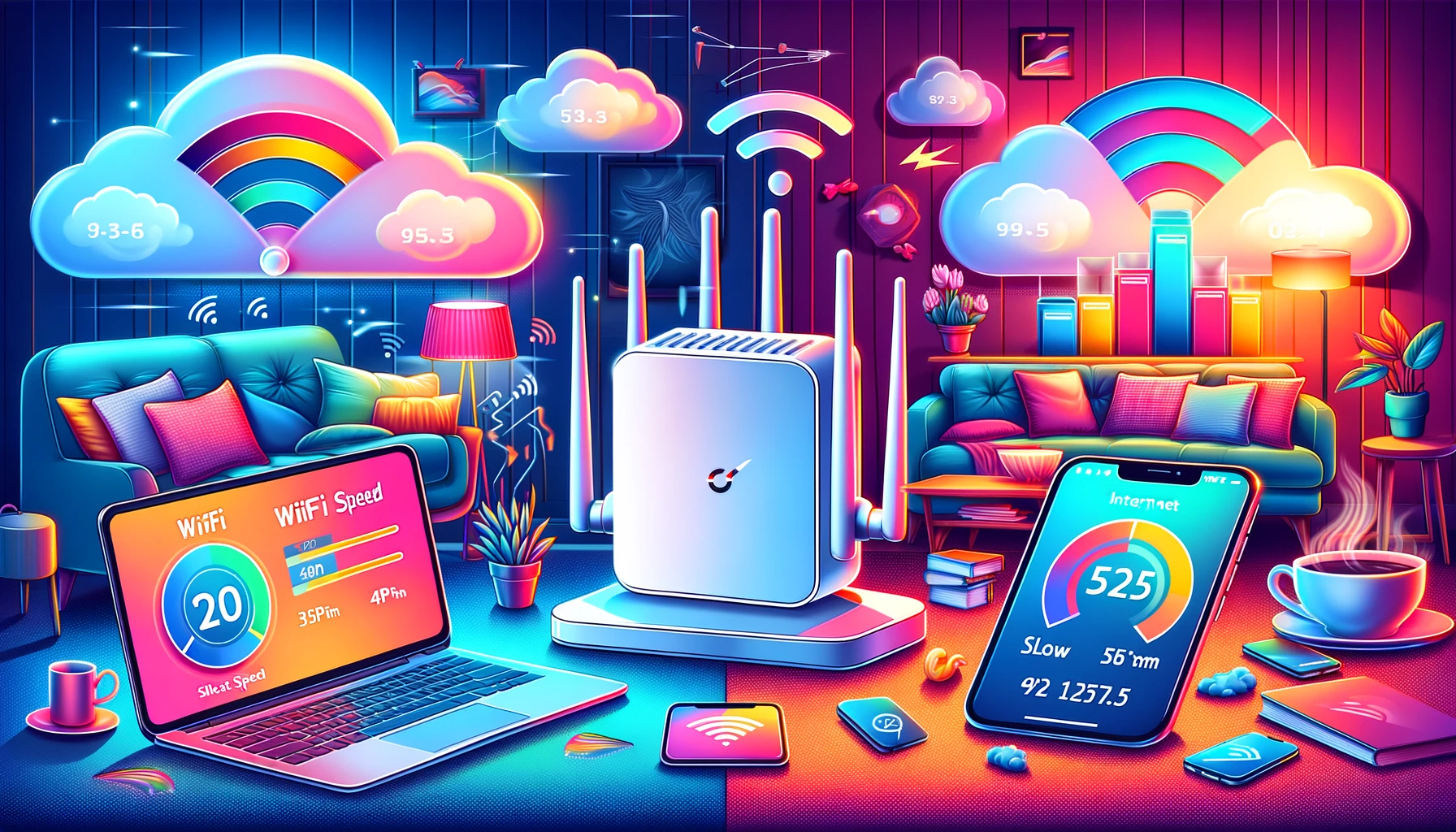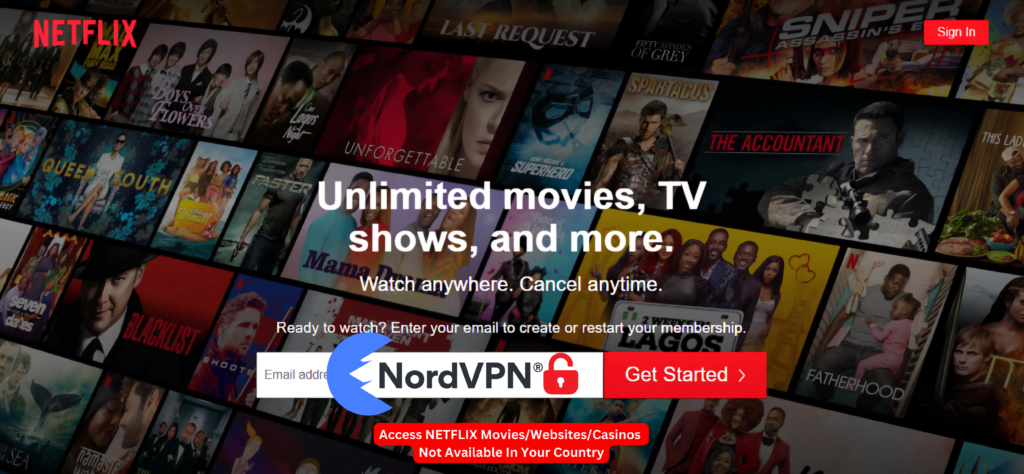Internet Speedometer
WiFi Speed Test
Access & Unlock Through Speed Test For Wifi, Extremely Powerful Websites, Products and Services Exclusivley Never Before Seen

Movie Recap
🔥Hot Products ⏰
Mystery Recapped
Download The Speed Test App
Share Our WiFi Speed Check
Shop By Category

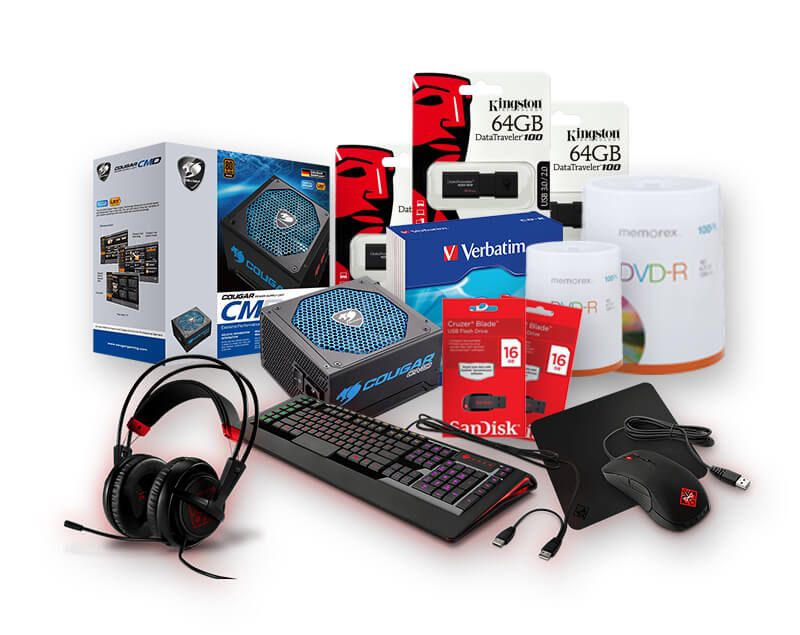
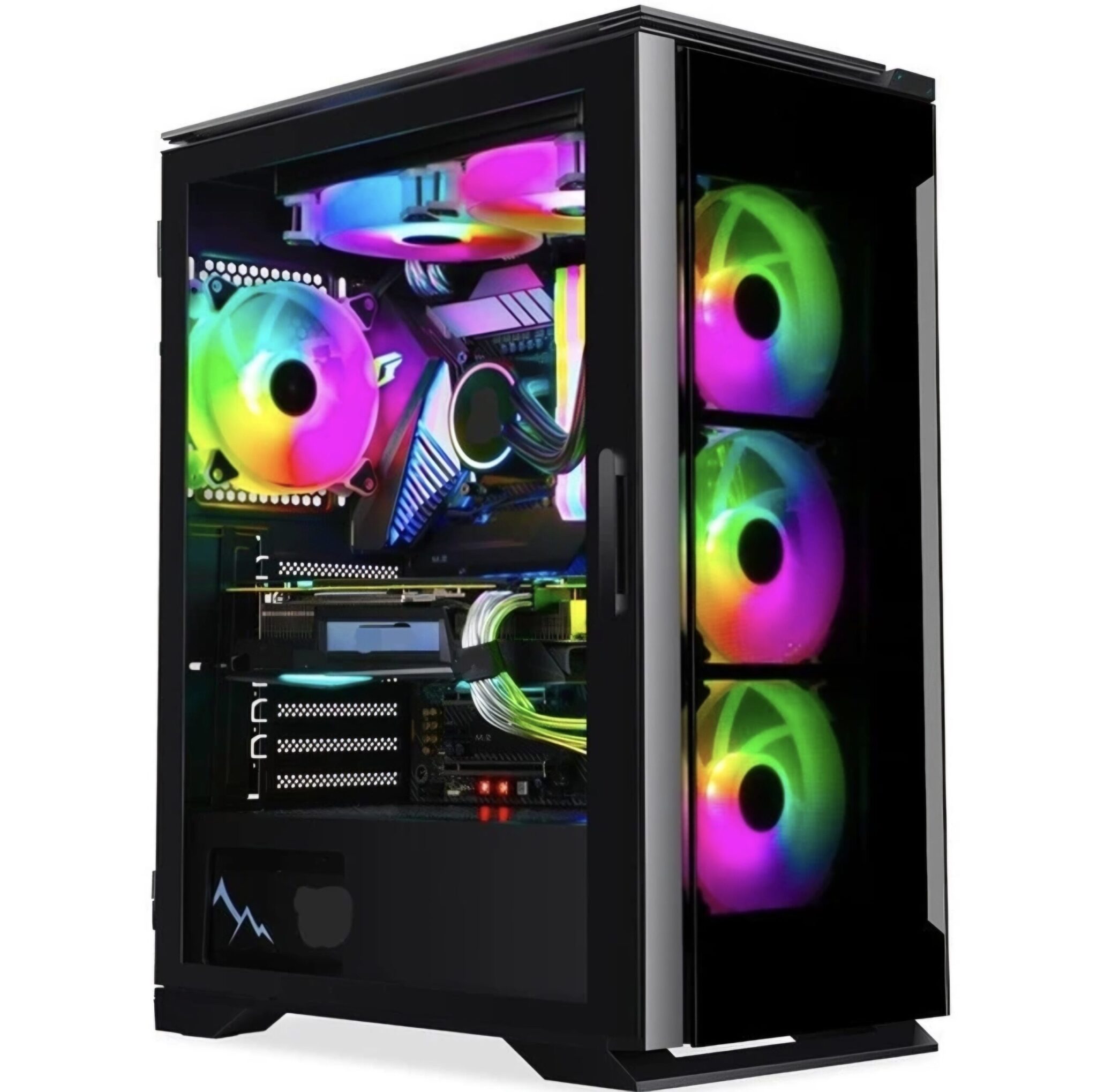
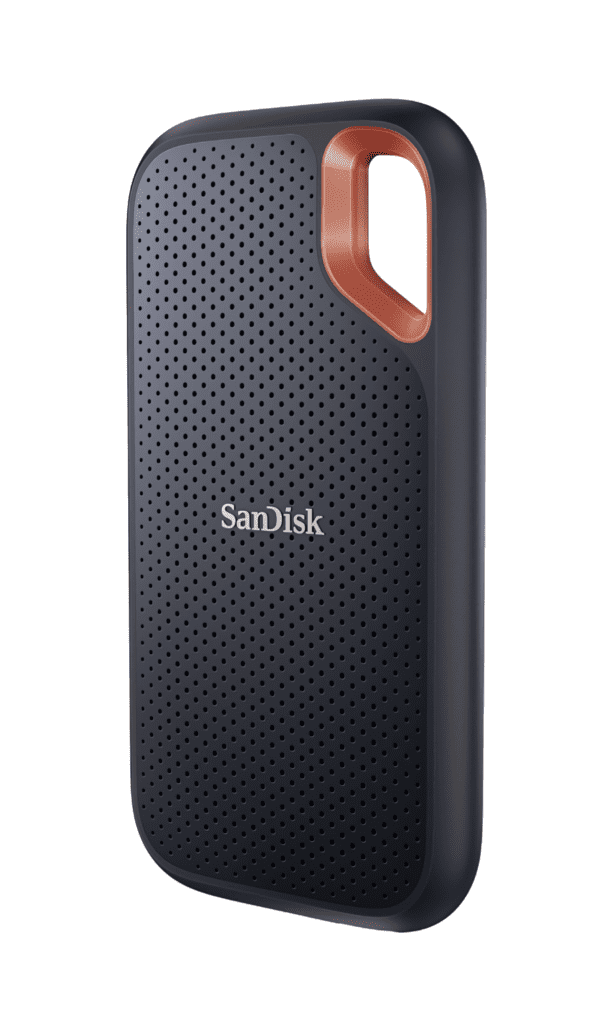

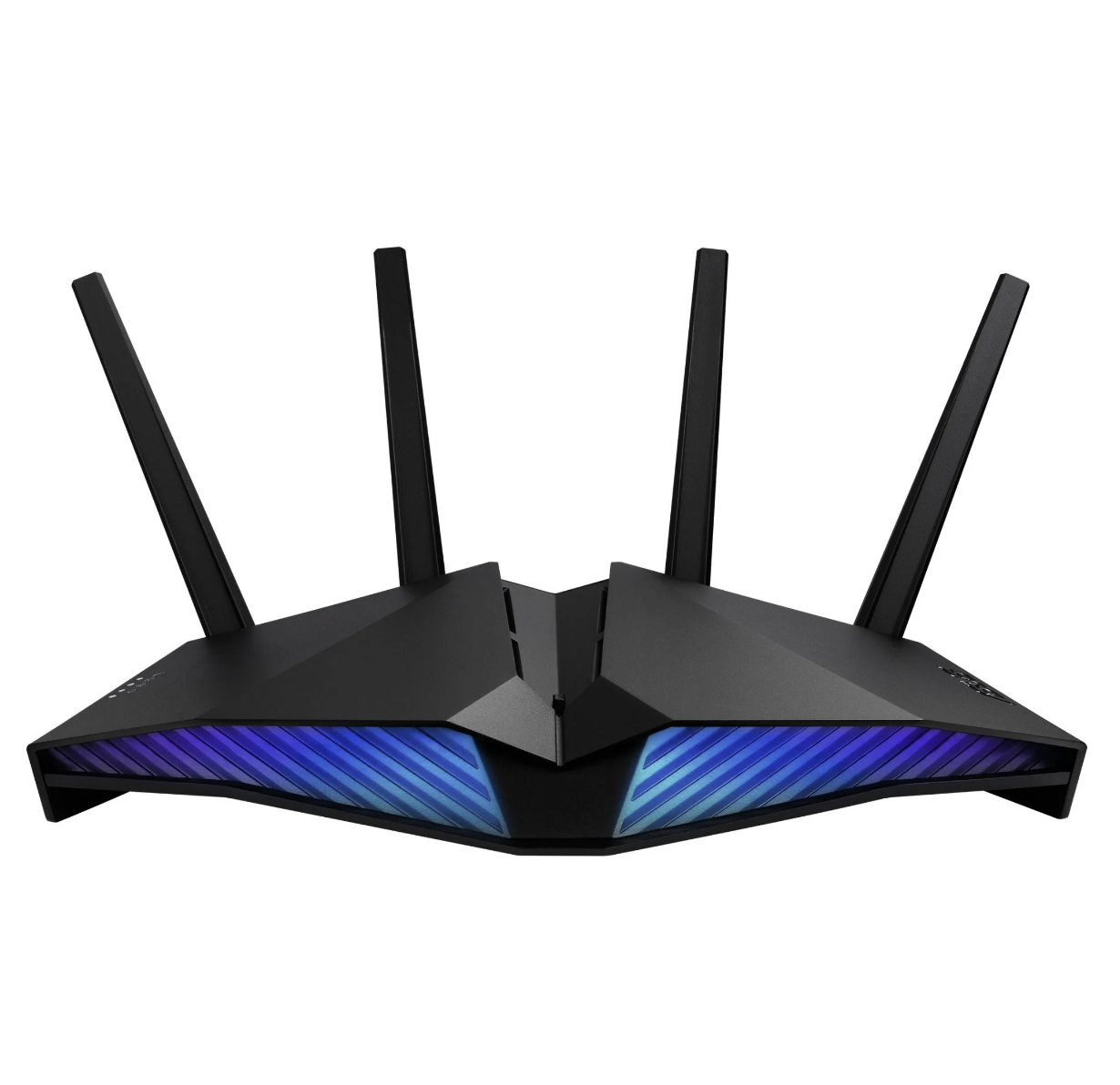
YouTube Trends – Play Now
Frequently Asked Questions
Please reach us at [email protected] if you cannot find an answer to your question.
What’s the average WiFi Speed?
The average WiFi speed varies globally but commonly it falls between 25-100 Mbps. Factors like infrastructure, location, and service providers influence regional averages.
What’s the Difference Between Download and Upload?
Download is the process of transferring digital media from the internet to your device. Upload, on the other hand, is the process of sending digital media from your device to the internet. The key difference is that download brings content like files or videos to your device, while upload sends content like photos, videos, or documents from your device to the internet or to others online.
Which is more effective, a WiFi booster or a WiFi extender?
A WiFi booster generally provides faster speeds and can support a larger number of devices simultaneously compared to WiFi extenders. If your goal is to enhance the WiFi signal in a specific area, like a bedroom, a WiFi extender is suitable. However, if you need broader WiFi coverage, such as outdoors, a WiFi booster would be more appropriate.
How do I reboot my router?
To reboot your router, simply power it off, wait for a few seconds, and then power it back on. This simple action can resolve many common connectivity issues. Sometimes, depending on your router may have a small hole with a label called ‘Reset’ next to it, that would also be another way. Get a pointy tool you have and press the reset hole with your pointy tool for 5 seconds until all lights go off and let go.
Why does my WiFi stop working at night?
Night time WiFi issues may result from interference, your neighborhood watching movies on Netflix, network congestion, or scheduled maintenance by your ISP. Investigate potential causes and optimize settings accordingly. In most cases however, internet speed usually is free of all interferences late at night past 12 midnight and the speed of your internet is usually at its highest peak speed. Speak with customer support if your having this weird issue.
What is the lifespan of a router?
The average lifespan of a router is around 5-7 years. Regular updates, proper maintenance, and occasional upgrades can extend its longevity and performance.
What is Speed Test For Wifi
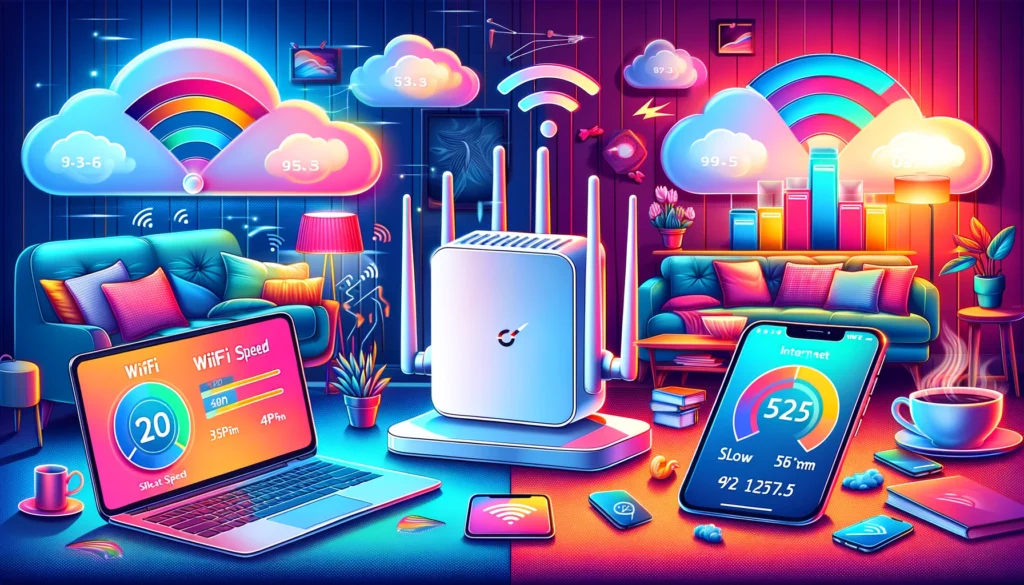
What defines a fast internet connection in the ever-evolving digital landscape for wifi speed test in 2024? In 2015, the Federal Communications Commission (FCC) set the bar for high-speed internet, or broadband, at speeds exceeding 25Mbps down and 3Mbps up. However, by today’s standards, that threshold doesn’t quite cut it. Therefore, the FCC has proposed a significant increase, aiming for 100Mbps down and 20Mbps up.
Yet, the definition of “fast” is subjective and dependent on individual households and their internet demands. For instance, the number of connected devices, coupled with the intensity of use (think online gaming, streaming HD TV, remote work, and more), dictates the required speed. While some may find 25Mbps sufficient, many now lean towards a minimum of 100Mbps for a seamless online experience.
So, how much internet speed is actually needed for a speed test for wifi? Surprisingly, most internet activities don’t demand high speeds. Even streaming in 4K, often considered one of the most data-intensive tasks, requires speeds ranging from 35 to 50Mbps. Moreover, for everyday activities like online gaming, social media browsing, and video calls, speeds of 10Mbps or lower often suffice.
However, the dynamics change when multiple devices are connected, especially over Wi-Fi. For example, when considering streaming on a TV while several other devices share the network, starting with speeds of at least 100Mbps is advisable. Furthermore, if you anticipate streaming on multiple TVs simultaneously and connecting numerous devices (smart speakers, phones, tablets, cameras, smartwatches, etc.), speeds of at least 200Mbps become a more suitable choice.
Quick Tips To Understand Your Internet
Navigating the world of internet service can be overwhelming, especially with the variety of options and technical jargon. Therefore, here are some practical tips to help you understand and optimize your internet service for a seamless online experience.
First, Assess Your Internet Usage: Before choosing an internet plan, take stock of your household’s internet usage. For example, consider the number of connected devices and the activities you engage in—streaming HD videos, online gaming, remote work, and video calls all have different bandwidth requirements. For instance, streaming in 4K demands more speed compared to browsing social media or checking emails. Aim for a plan that matches your usage, and don’t be afraid to opt for higher speeds if needed. Typically, a household with multiple devices and heavy usage should start with at least 100Mbps.
Next, Evaluate ISP Contract Terms: When selecting an Internet Service Provider (ISP), scrutinize the contract terms. Some providers lure customers with low introductory rates that skyrocket after the promotional period. Additionally, long-term contracts can lock you in, making it expensive to switch if you’re unsatisfied. Therefore, look for ISPs that offer flexible plans without stringent contracts, allowing you to adjust your speed tier or switch providers without hefty penalties.
Then, Start with a Basic Plan and Upgrade as Necessary: A common mistake is to overspend on the highest speed tier right away. Instead, start with a basic plan that you believe will meet your needs. Use it for a few months to gauge its performance. If you find that your current plan falls short—whether it’s buffering during streaming or slow upload speeds during video calls—you can then upgrade to a higher tier. This approach ensures you only pay for what you need.
Moreover, Optimize Your Home Network: A high-speed internet plan is only as good as your home network setup. Outdated or subpar equipment can bottleneck your internet speeds. Therefore, investing in a quality router, preferably a mesh Wi-Fi system, can significantly enhance your network’s performance. These systems provide better coverage, especially in larger homes, reducing dead zones and maintaining strong signals across all rooms. Additionally, consider using Wi-Fi extenders for areas where the signal is weak.
Finally, Stay Updated with Equipment Upgrades: If you rent your router or modem from your ISP, inquire about equipment upgrades. ISPs frequently update their hardware, and you might be eligible for a better device at no extra cost. An upgraded router or modem can offer improved speed, better range, and enhanced overall performance, ensuring you get the most out of your internet plan.
Start a Fast Wifi Speed Check on Autopilot
About Speed Test For Wifi
Welcome to Speed Test For Wifi, where we redefine the way you experience Internet Speed Test. From Netflix, Gaming, and Internet Browsing, we aim to give you the best accurate speed check performance you deserve. Therefore, measure your download and upload speeds to ensure a fast and reliable internet Speed Test for Wifi. Speed Testing experience.

